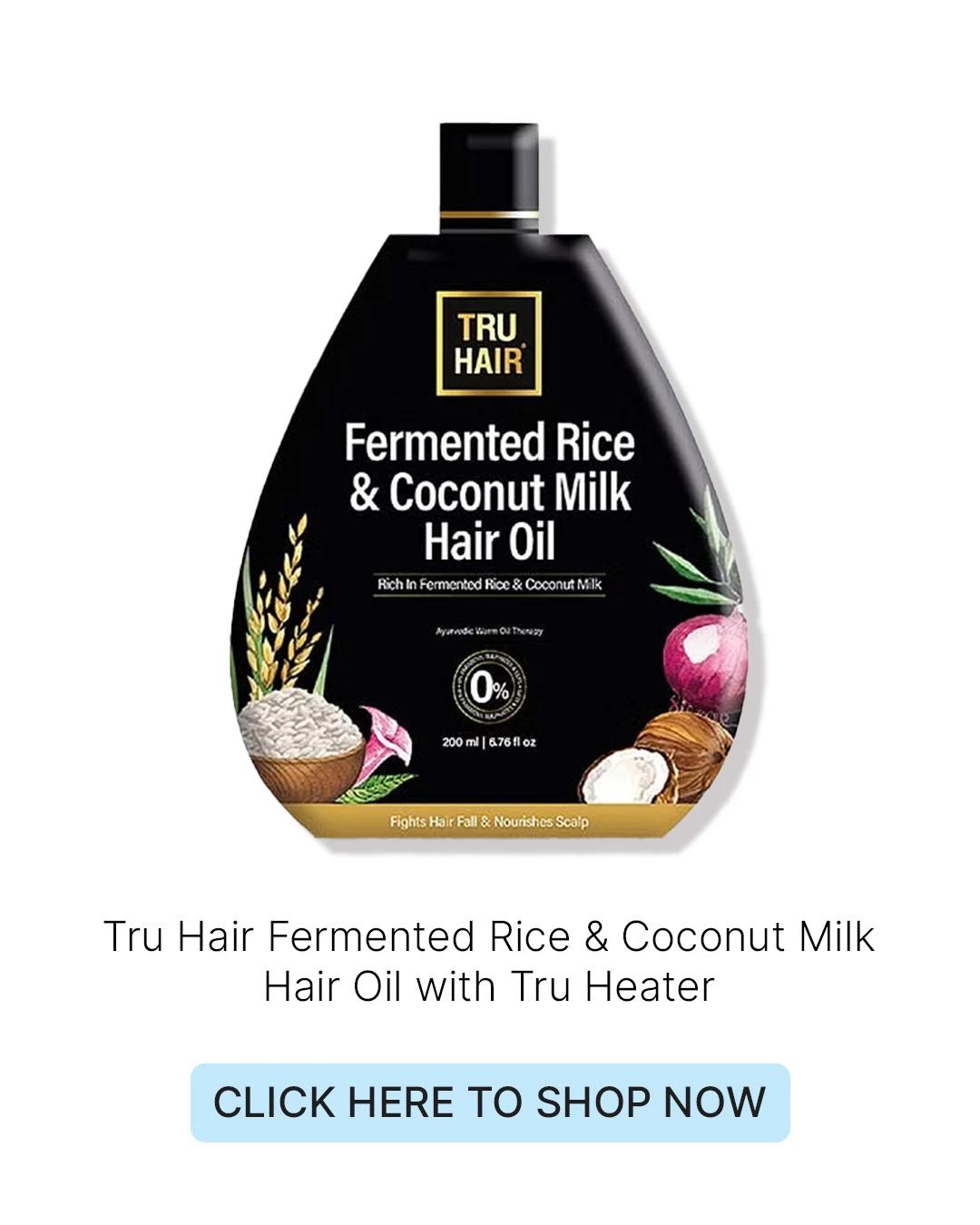Stress can trigger or worsen dandruff, so managing your stress levels is crucial. Regular exercise, adequate sleep, and relaxation techniques can all contribute to better scalp health. Sometimes, addressing the root cause of stress is more effective than any topical treatment.
When to Seek Professional Help
Sometimes, what looks like regular dandruff might actually be seborrheic dermatitis or another scalp condition that requires professional treatment. If your flaking is severe, accompanied by intense itching, or doesn't respond to gentle treatments after a few weeks, it's time to consult a dermatologist. They can provide proper seborrheic dermatitis treatments and rule out other conditions.
Professional help is especially important if you notice any signs of infection, such as pus, extreme redness, or if the condition spreads beyond your scalp.
Frequently Asked Questions
How quickly does coconut oil increase dandruff?
If coconut oil is going to worsen your dandruff, you'll typically notice increased flaking within a week of regular use. However, some people might see changes sooner, especially if they have oily scalps or are sensitive to the oil.
What should I mix with coconut oil for dandruff treatment?
Tea tree oil, aloe vera gel, or honey can complement coconut oil's properties. Tea tree oil adds extra anti-fungal power, whilst aloe vera provides soothing benefits. Always patch test any new combination before applying to your entire scalp.
Is coconut oil good for all types of dandruff?
No, coconut oil works better for dandruff caused by dry scalp rather than oily scalp conditions. If your dandruff is related to excess oil production or certain fungal overgrowths, coconut oil might actually make things worse.
Can coconut oil make existing dandruff worse?
Yes, particularly if you have an oily scalp or if your dandruff is caused by Malassezia overgrowth. The additional oil can feed the fungus and create a more favourable environment for flaking.
Key Takeaways
The relationship between coconut oil and dandruff isn't black and white—it really depends on your individual scalp needs and the underlying cause of your flaking. Whilst coconut oil's anti-fungal properties and moisturising benefits can help some people, others might find it worsens their condition. The key is to approach it scientifically: patch test first, start slowly, and pay attention to how your scalp responds. If coconut oil doesn't work for you, don't worry—there are plenty of other natural options worth exploring. Remember, effective dandruff management often requires a holistic approach that includes proper scalp care, stress management, and sometimes professional guidance.

 200 ml
200 ml 40 ml
40 ml 100 ml
100 ml 60 ml
60 ml